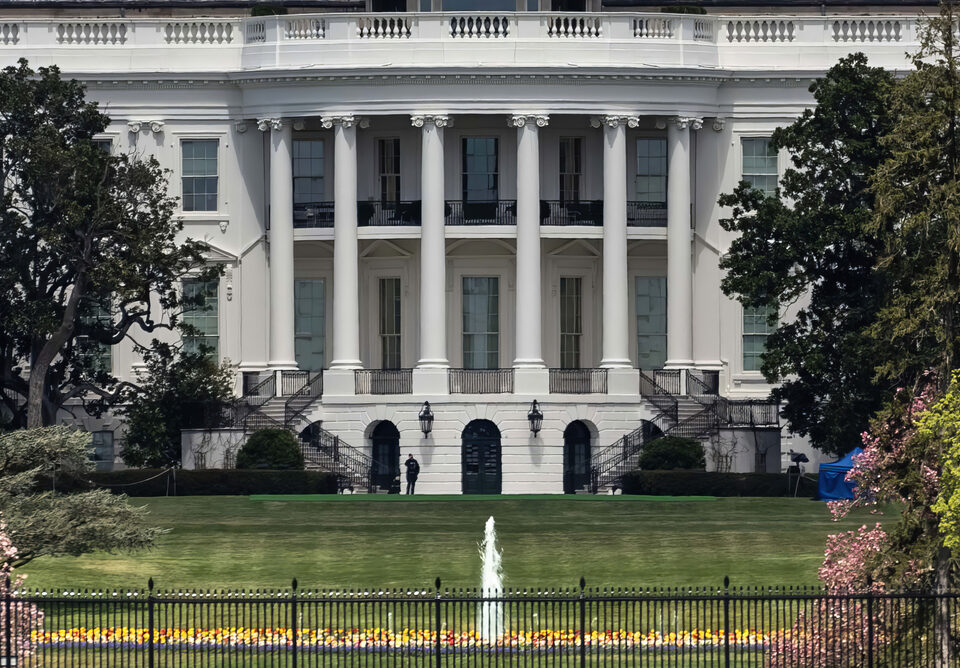WNBA Just Improved Their Maternity & Fertility Benefits
February 19, 2020Israel to Allow Surrogacy for Same-Sex Couples
March 7, 2020Women in France are currently subject to strict laws when it comes to assisted reproduction. A new bill that passed the country’s Senate in January 2020 eases those restrictions somewhat, allowing single women and lesbians to access in vitro fertilization (IVF).

Today in France, only heterosexual couples are able to access IVF, and only under certain circumstances. The allowable reasons for doing so are limited to situations including the infertility of one or both of the intended parents, or where traditional reproduction could risk transmitting a medical condition or disease to the other parent, or to the child.
Opponents of the new law tout its success to a broadening social acceptance of LGBTQ rights over the past six years since gay marriage was legalized in the country.
However, there are still conservative opponents of the bill who have publicly protested its passage. Some of these critics have voiced concerns that expanding access to IVF in this way means the country is another step closer to commercializing healthcare and to legalizing surrogacy.
And, although more women in France will have access to IVF when the new rule takes effect, access will still be limited to those who can afford the procedure. The part of the bill that would have meant IVF was paid for by France’s government did not pass the Senate vote.
Here in the United States where IVF is available for individuals or couples who are able to finance the procedure or whose insurance covers it, it is easy to take for granted that such assisted reproduction techniques are an option. With the passage of this new law, France joins much of the Western world in helping women realize their dreams of becoming parents, regardless of their sexual orientation or marital status.
At The Surrogacy Law Center, we can help you with the legal aspects of realizing that dream. Contact us today for more information!



